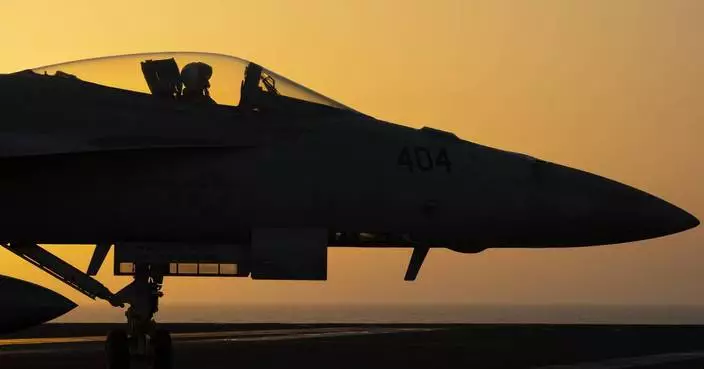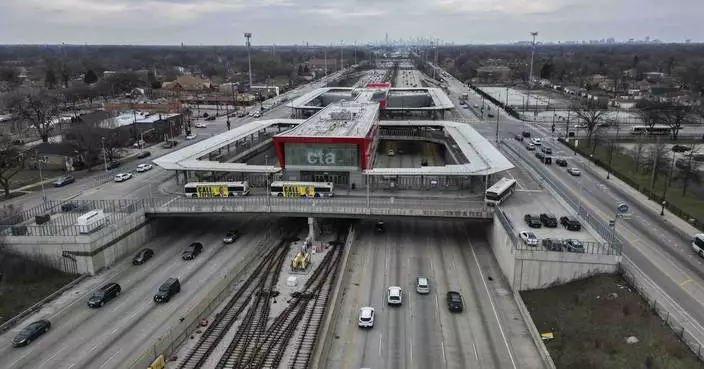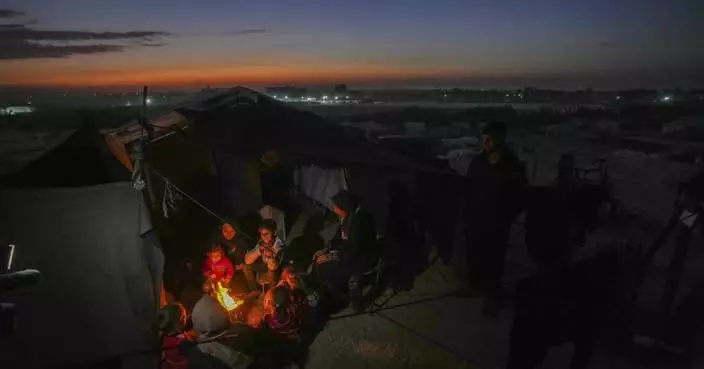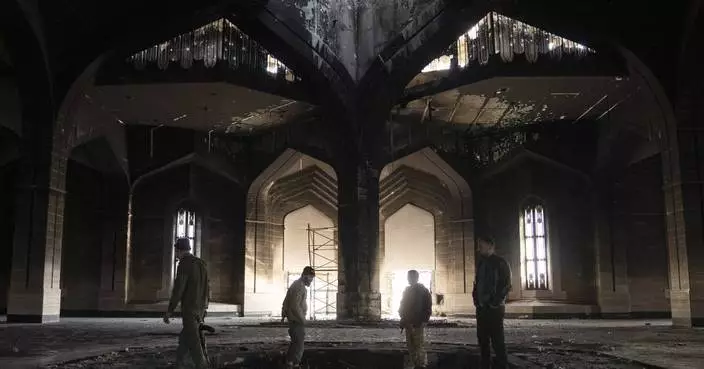LONDON (AP) — Less than three months after he was elected on a promise to restore trust in politics, British Prime Minister Keir Starmer is trying to shake off criticism over donations from a wealthy businessman and the hefty salary of his most senior aide.
The Labour Party leader, who won power in a landslide victory on July 4, denies impropriety over thousands of pounds (dollars) worth of clothes and eyeglasses paid for by Waheed Alli, a media entrepreneur and longtime Labour donor.
Starmer is also facing grumbling among his own employees over the salary of chief of staff Sue Gray. The BBC disclosed that she is paid 170,000 pounds ($225,000) a year — about 3,000 pounds more than the prime minister's salary.
Gray’s salary is at the top of a set of pay bands for political advisers, which have been raised since the election. The government said it did not interfere in setting the pay scale.
“The pay bands for any official, any adviser, are not set by politicians. There’s an official process that does that,” Business Secretary Jonathan Reynolds said Thursday.
In recent days British media have been full of largely anonymous grumbling from government officials about Gray, a former senior civil servant best known for leading an investigation into lockdown-breaching parties in government buildings during the COVID-19 pandemic.
Gray’s findings helped topple Conservative Prime Minister Boris Johnson, and her subsequent move to work for Starmer led the Conservatives to claim the “partygate” probe was politically biased, something Gray denies.
Labour claims the leak of Gray’s salary and the donation revelations -– branded “frockgate” in the press after dresses bought for the prime minister’s wife, Victoria Starmer -- is being whipped up by the Conservatives and their media supporters to tarnish the government.
Lawmakers are allowed to accept gifts but have to declare donations and extra-parliamentary income within 28 days. Starmer missed the four-week deadline to declare the donations of clothes and a personal shopper for his wife from Alli. He says the delay was due to his staff seeking advice on exactly what needed to be declared.
“I’m very consistent with following the rules,” Starmer said this week. He rejected suggestions that prime ministers should get a wardrobe budget, saying taxpayers should not have to pay for politicians’ clothes.
Starmer dismissed claims of dissent among his staff about Gray and her salary, insisting he's “completely in control.”
“I’m focused and every day the message from me to the team is exactly the same, which is we have to deliver,” he told the BBC on Thursday. "“We were elected on a big mandate to deliver change, I am determined that we are going to do that.”
The scale of the freebies accepted by Starmer has raised eyebrows even among supporters. Sky News reported that Starmer has declared “gifts, benefits and hospitality” worth more than 100,000 pounds since December 2019, more than any other lawmaker.
The donations include thousands of pounds’ worth of tickets for Premier League games involving Starmer’s beloved team Arsenal.
“I’m a massive Arsenal fan,” Starmer told reporters during a trip to Rome this week. “I can’t go into the stands because of security reasons. Therefore, if I don’t accept a gift of hospitality I can’t go to a game. You could say, ‘Well bad luck.’ … But, you know, never going to an Arsenal game again because I can’t accept hospitality is pushing it a bit far.”

British Prime Minister Keir Starmer speaks to members of the media in Rome, Monday, Sept. 16, 2024. (Phil Noble/Pool Photo via AP)













